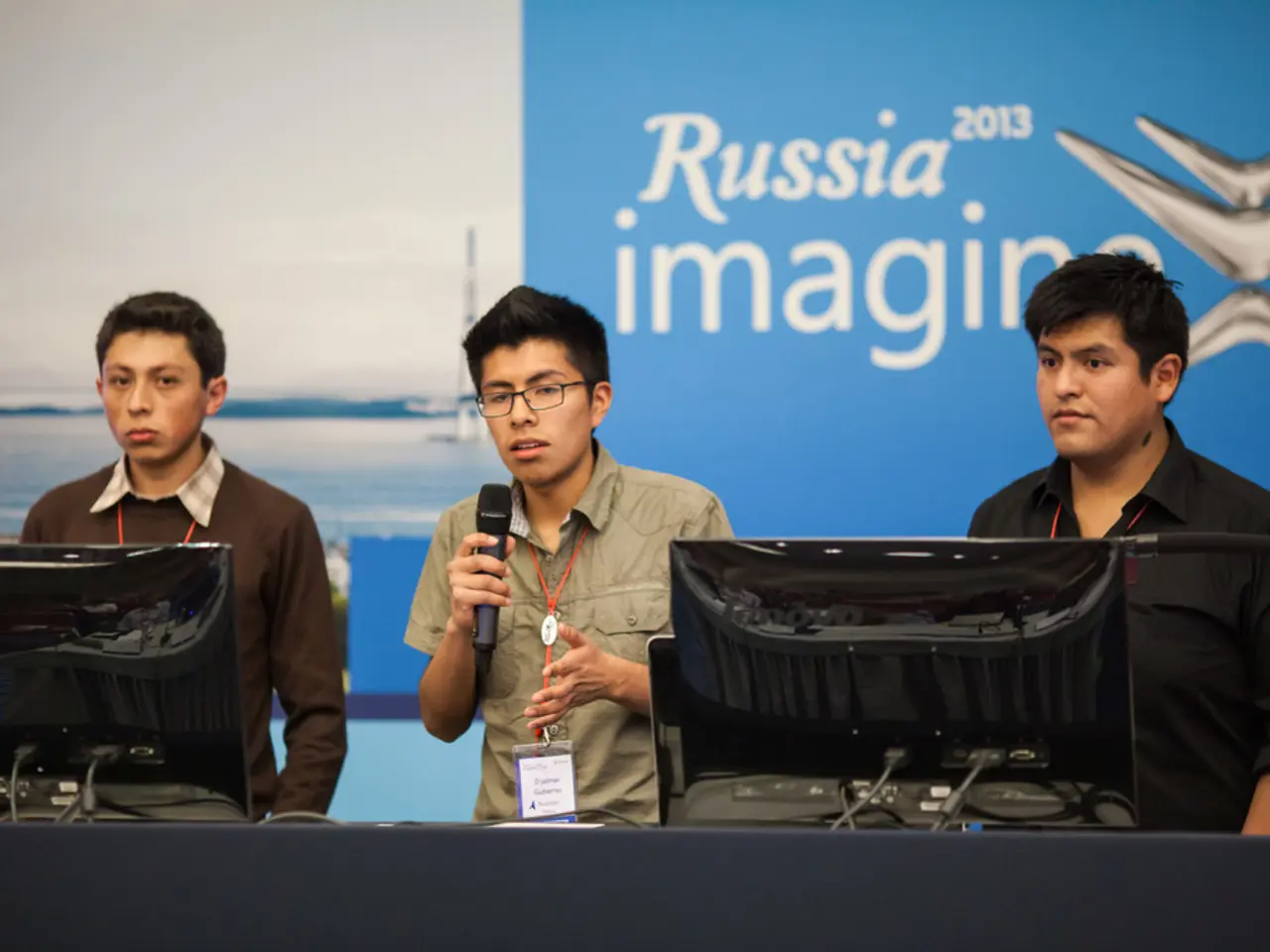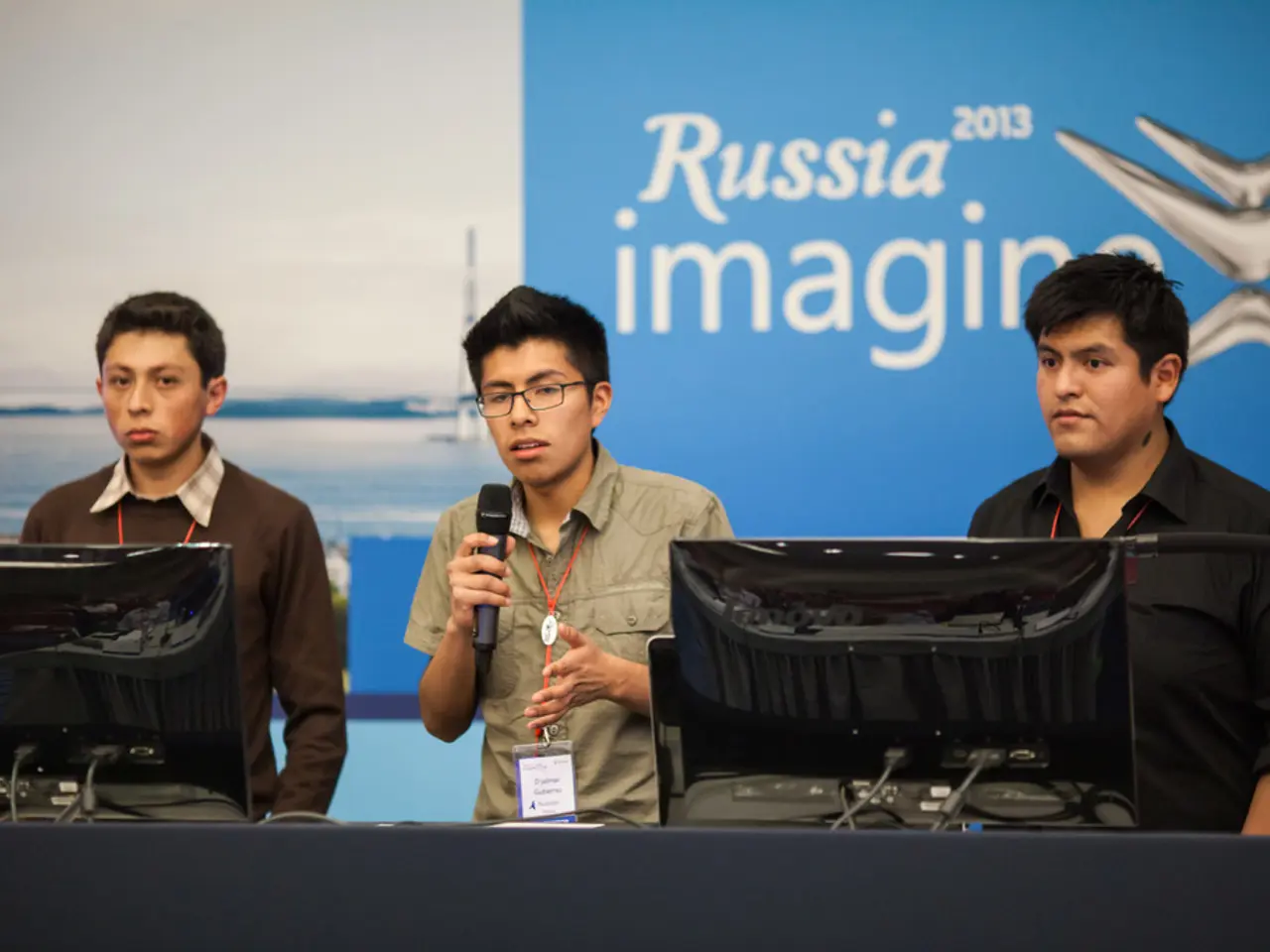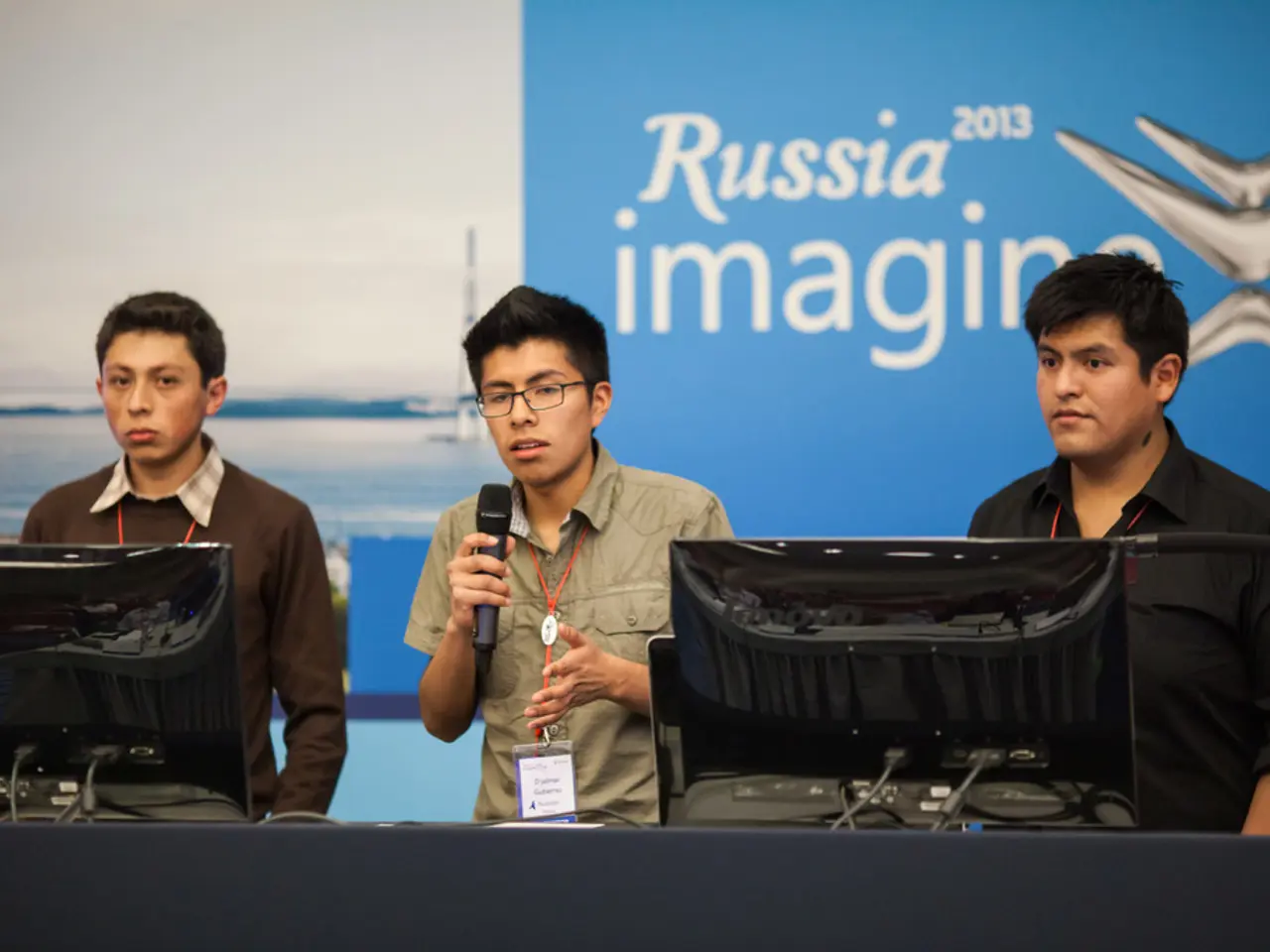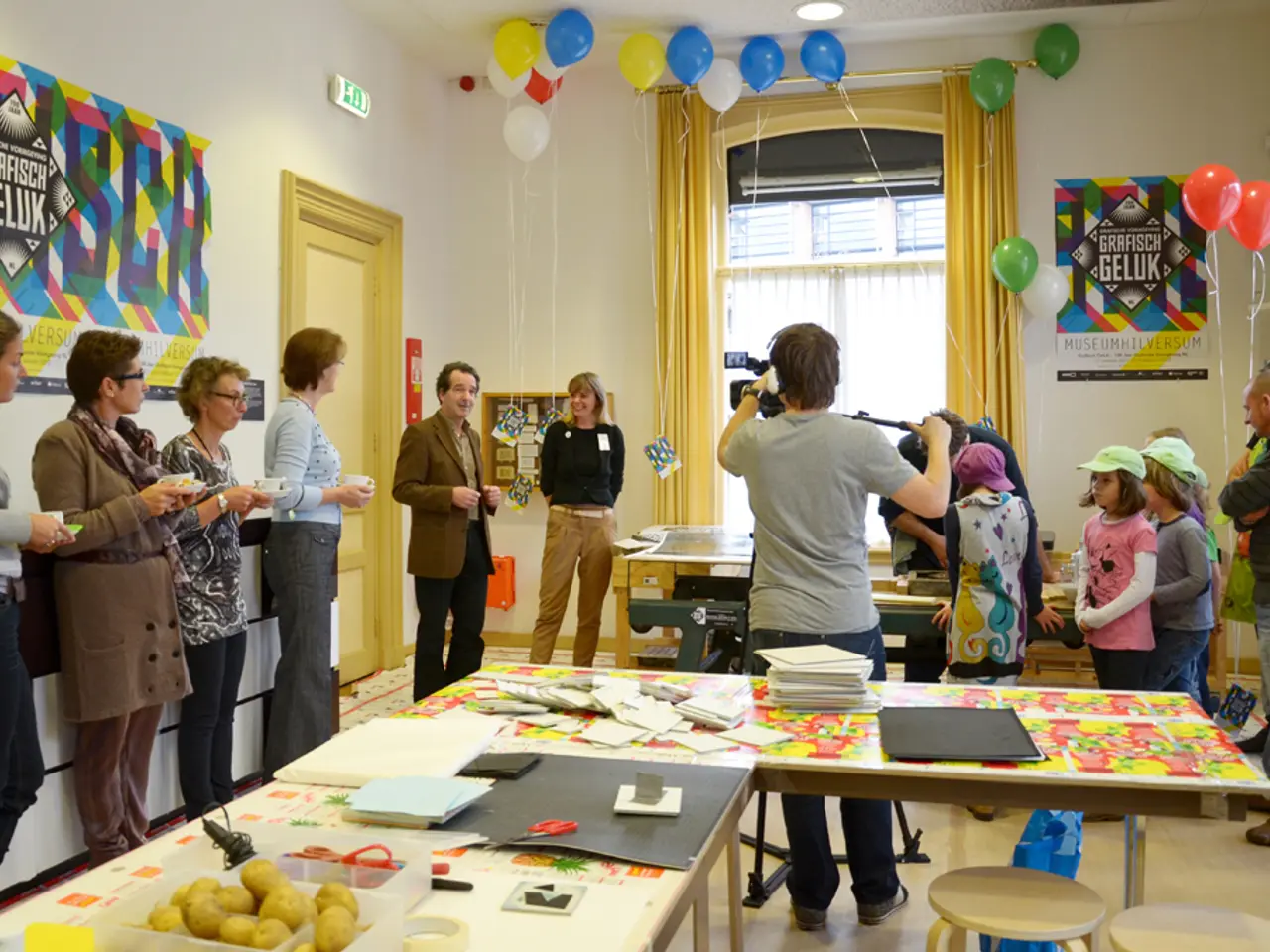North Korea asserts Kim's relationship with Trump is relatively positive, yet remains steadfast on its nuclear capabilities.
North Korea Stands Firm on Nuclear Arsenal, Rejects Denuclearization Talks
In a recent development, North Korea has reaffirmed its stance that its nuclear arsenal is permanent and non-negotiable. The regime has rejected international calls for denuclearization, stating that its nuclear weapons program will not be used as a bargaining chip in negotiations with the U.S.
Kim Yo Jong, the sister of North Korea's leader Kim Jong Un and a key spokesperson, made it clear that North Korea will not join any negotiations about dismantling its nuclear arsenal. This stance marks a significant departure from previous talks with the U.S., particularly under the Trump administration.
During the first summit between Trump and Kim Jong Un, held in Singapore in 2018, a broadly worded agreement was reached for building "new" relations and "working toward complete denuclearization of the Korean Peninsula." However, subsequent meetings ended without an agreement, and Trump's claim that there was no longer a nuclear threat from North Korea has proven to be unfounded.
In light of this, the U.S. has shifted its approach, moving towards more flexible strategies. Under Trump’s 2025 policy framework, while official rhetoric still calls for “complete denuclearization,” there is a strategic shift towards proposing a “nuclear freeze” — halting new weapon production in exchange for lifting certain sanctions — instead of insisting on full denuclearization. However, Pyongyang has so far rejected any such proposals, emphasizing that its nuclear program is non-negotiable and integral to its regime security.
Meanwhile, North Korea has strengthened its ties with Russia, signing an alliance treaty last year. Kim has supplied troops and weapons to aid Putin's war efforts, further complicating the geopolitical landscape of the region.
Despite this, Kim Yo Jong sounded a positive note about the relationship between the two leaders, stating that the personal relationship between Kim Jong Un and President Trump is not bad. However, any effort to leverage personal relations to deny North Korea status as a nuclear power will be rejected, according to Kim Yo Jong.
In the current context, it appears that North Korea's negotiation conditions center on the acceptance of its nuclear status without disarmament commitments. Any potential talks are likely to focus on freeze or stabilization measures rather than elimination of the arsenal.
This stance has led to a deadlock in diplomatic conditions, with Pyongyang emphasizing its sovereign right to nuclear weapons and rejecting disarmament dialogue. Analysts suggest that if diplomacy with Trump resumes, Kim Jong Un may propose to give up only part of his nuclear weapons program in return for concessions such as the lifting of sanctions.
In a recent turn of events, Kim Yo Jong spurned a proposal for dialogue from Lee Jae Myung, the new president of South Korea, on Monday. This move indicates that the geopolitical dynamics of the Korean Peninsula remain complex and volatile.
[1] The New York Times Company, 2025. [2] The Washington Post, 2025. [4] The Guardian, 2025. [5] Reuters, 2025.
North Korea's stance on denuclearization remains firm, as evidenced by the rejection of international calls for disarmament and the view that its nuclear arsenal is non-negotiable. This position is part of the broader political landscape, with the regime refusing to use its nuclear program as a bargaining chip in negotiations.
In the ongoing general news, there are indications that North Korea may not be open to negotiations regarding dismantling its nuclear arsenal, suggesting a potential focus on freeze or stabilization measures instead. This could complicate future diplomatic efforts aimed at achieving denuclearization of the Korean Peninsula.








